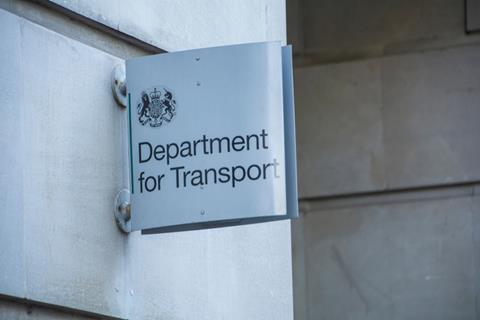Transport committee says changes are needed as plans won’t prevent legal challenges delaying projects
The government’s draft revision to planning policy for major infrastructure projects would not provide the intended legal certainty, according to a cross-party committee.
Proposals to reform the National Networks National Policy Statement, which relates to nationally significant road and rail schemes, were released by the Department for Transport (DfT) earlier this year.

But the transport committee’s analysis of the draft, published this morning, urged ministers to re-write sections that would be used to decide whether new projects were compatible with net zero legislation.
The government wants the revised policy to prevent legal challenges that have delayed major projects, but the committee believes the current draft would not achieve this.
Committee chair Iain Stewart there was “a lot riding” on the reforms and that a number of witnesses, including some who themselves launched legal challenges against major projects, had told the committee the reforms would not provide the sought clarity.
“One of the Government’s objectives in revising the NNNPS is to balance the Net Zero goals with infrastructure projects that could increase greenhouse gas emissions,” he said.
>>See also: Five key takeaways from the second National Infrastructure Assessment
“Given the concerns we heard, we urge the Government to amend the draft NNNPS to provide a definition of ‘residual’ emissions and to state explicitly its understanding of the legal precedent for permitting major infrastructure schemes which result in increases in emissions.
The MPs also made recommendations on the way DfT looks at different options for projects and road-traffic demand forecasts, and how to make its decision-making more transparent.
There were also recommendations on biodiversity, active travel, and restructuring the various national policy statements for transport.



























No comments yet